Sun, Sky and Property: A Photographic Journey along the Thames from London Bridge to the Isle of Dogs
Regular readers will be aware that, for the last month, I have been posting photos to an account I set up on Flickr, and publicizing them here, adding a new outlet for my creativity, and my perceptions of the world, to the other methods — primarily the written word, but also TV and radio shows, personal appearances and film-making — which I have been using to chronicle the injustice of Guantánamo and the “war on terror” for the last six years, and the horrors of life in Britain under a Tory-led coalition government, which I have been chronicling for the last two years.
Taking photos is a great passion of mine, but one that I largely let slip from 2006, as I began researching and writing about Guantánamo on a full-time basis, until Christmas last year, when my wife gave me a digital camera. I then took photos of my Guantánamo-related visits to the US in January, and Kuwait in February, and began taking photos in London — and on various trips in the UK — on an occasional basis until, in May — on May 11, to be specific — when the sun started shining after roughly six weeks of almost unremitting rain, I decided to start making journeys by bike around London on a regular basis, taking photos of whatever interests me — buildings old and new, rivers, canals, parks and trees, and forgotten corners of this vast city, where the unusual, the unremarked and the abandoned exist beyond the illusions of endless wealth and perfect order conjured up by those in positions of power. Read the rest of this entry »
The Power of Greed: Photos of Canary Wharf
The Power of Greed: Photos of Canary Wharf, a set on Flickr.
I have long had a horror of the unfettered greed signified by the creation, in Margaret Thatcher’s Britain, of Canary Wharf, even though, initially, this “enterprise zone,” dropped onto Millwall and Poplar, on the Isle of Dogs, like a hostile takeover, seemed destined to fail. When the docks closed in 1980 — and were moved to Tilbury — Thatcher’s government established the London Docklands Development Corporation in 1981 and made the Isle of Dogs an enterprise Zone status the year after. In 1988, Olympia and York, a Canadian company, began the construction work that resulted in the opening of the first buildings, including One Canada Square, the pyramid-topped tower that remains the most iconic building on site.
Ironically, the orgy of financial liberalisation that led to the creation of Canary Wharf had already crashed by the time it opened. Olympia and York went bankrupt in 1992, and it was not until 1995 that a new consortium bought Canary Wharf, soon after becoming the Canary Wharf Group.
In a further demonstration of irony, it was not until New Labour assumed office in 1997 that the newly-revived Canary Wharf really took off, as the author and journalist Owen Hatherley explained in an excellent article for the Guardian in May, entitled, “The myth that Canary Wharf did east London any good.” Read the rest of this entry »
My Photos on Flickr: London At Night – Canary Wharf, Millwall, Greenwich and Deptford
London At Night – Canary Wharf, Millwall, Greenwich and Deptford, a set on Flickr.
The latest set of photos uploaded to my recently established Flickr account is my fifth set of photos of London, part of an ongoing and recently established project in which I plan to cycle around the whole of London, photographing whatever takes my interest, to record London as it is at this critical juncture in its history — with the country in the grip of a profound recession, and a government responding, suicidally, with savage austerity, all the while making sure that the rich and the super-rich can continue to make obscene and disproportionate amounts of money, untouched by the suffering inflicted on everyone else.
These journeys are also an important project for me personally — a welcome opportunity to stay fit, but, more importantly, a kind of poetic odyssey, grand in the sense of trying to get a personal overview of the whole of this huge city that has been my home for over half my life, much of which I have never visited before, but also much more intimate, in that it allows me, through wandering on a bike, often with no fixed route, to be able to be easily distracted or to be drawn to whatever attracts my attention.
What attracts me, as I have been discovering, is the decaying and the idiosyncratic, the gulf — apparently ever-widening — between the rich and the poor, and how that manifests itself in the built environment, and the nature — the river, the weather, the trees and parks, the seasonal outbursts of organic growth — that stand in contrast to many of the efforts to control the shape and form of the city, and to leave the kind of legacy that, history shows, will sooner or later be swept away. Read the rest of this entry »
My Photos on Flickr: The Isle of Dogs and Regent’s Canal, July 2012
The Isle of Dogs and Regent’s Canal, July 2012, a set on Flickr.
In the latest set of photos uploaded to my recently established Flickr account, I’ve posted photos that I took on the American Day of Independence, July 4, 2012, when I spoke at a screening of “Extradition,” a film about Talha Ahsan and Babar Ahmad, two British citizens facing extradition to the US on the basis of the grossly unfair and unjust US-UK Extradition Treaty. The screening was at no.w.here, a not-for-profit artist-run organization based in Tower Hamlets, which “combines film production alongside critical dialogue about contemporary image making,” and it was an excellent evening, even though the subject matter, and the urgency of the men’s plight, cast a sense of anguish over the entire event.
As part of my new and ongoing project to cycle everywhere in London, and to photograph my journeys, capturing aspects of the built environment, of nature, and of money and power, set against decay, poverty and the odd, untouched backwater (see here, here and here for the previous sets of my London journeys), I was delighted to travel to the east end of Bethnal Green Road, near Cambridge Heath Road, which, it slightly shames me to admit, I had never visited before, although I am familiar with the western end of the road — at the northern end of Brick Lane.
What I found was a vibrant, ethnically mixed neighbourhood, with independent businesses in tall terraced Victorian buildings, although I soon learned, from immediately striking up a conversation with Brad Butler, one of the founders of no.w.here (along with Karen Mirza) that the forces of gentrification have designs on the street, as they do on so much of London — right here and right now — despite the recession that is afflicting all but the rich and the super-rich. As ever, it alarms me profoundly that this appears to be, essentially, the first engineered recession in history, as the rich are excluded from the effects of the government-engineered austerity that otherwise stalks the land, driving the working poor, the young, the old, the ill, the unemployed and the disabled into unprecedented poverty, while protecting those with money from any kind of suffering, even though those in the City who drove the artificial and illegal wealth creation that caused the financial crash in 2008, and those who made money out of it, are the ones who should paying the most. Read the rest of this entry »
My Photos on Flickr: The Isle of Dogs, the River Lea and the Olympics
The Isle of Dogs, the River Lea and the Olympics, a set on Flickr.
Regular readers will know that, after the rainiest spring in living memory, I found myself unable to stay in the house when the sun started shining again. My mission to take advantage of the good weather, and to take exercise and stretch my eyes and my mind beyond what I was beginning to regard as the confines of my computer, has resulted, over the last few months, in numerous journeys around London by bike. With my camera close at hand, the intention of these journeys has generally had less to do with getting from A to B than with wandering, getting lost and exploring.
I recently set up a Flickr account, initially posting photos of my trip to the US in January to campaign for the closure of Guantánamo, and of other protests in the UK, but this week I also began posting photos from my London journeys, beginning with a set of photos of my initial cycle journey around Deptford and Greenwich, and continuing here. Others will follow soon.
I am, I think, fulfilling a long dormant need to be in motion physically rather than constantly undertaking the mental journeys of the last five years of my life as a full-time freelance investigative journalist, and I am also at the beginning of a long project to travel — and photograph — the whole of London by bike. I have discovered that, as well as looking for spectacular views of the city that has been my home for 27 years, including many that I have never seen before, I am also in search of forgotten corners, and images of decay, often set against those of what is often termed “regeneration,” as well as the explosions of dissent and nonconformity and colour that are to be found in London’s street art. Read the rest of this entry »























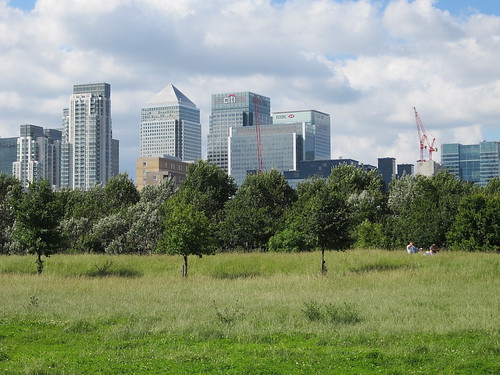


































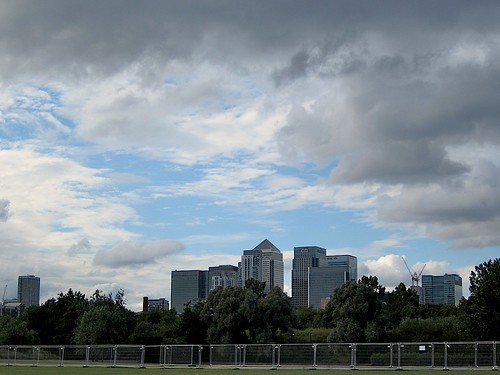


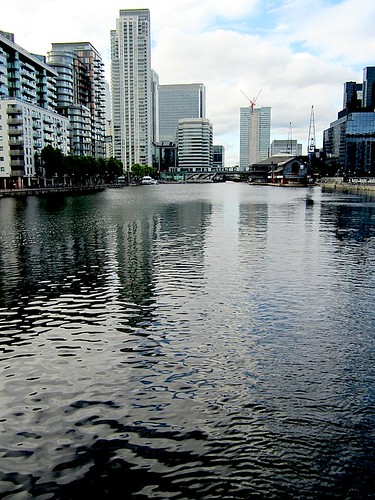






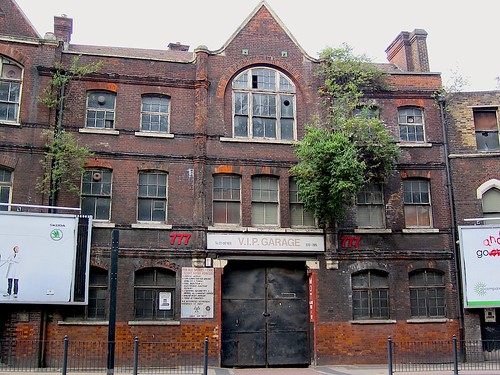
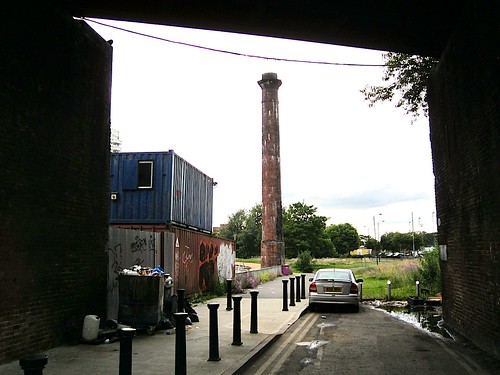









































 Who's still at Guantánamo?
Who's still at Guantánamo?
